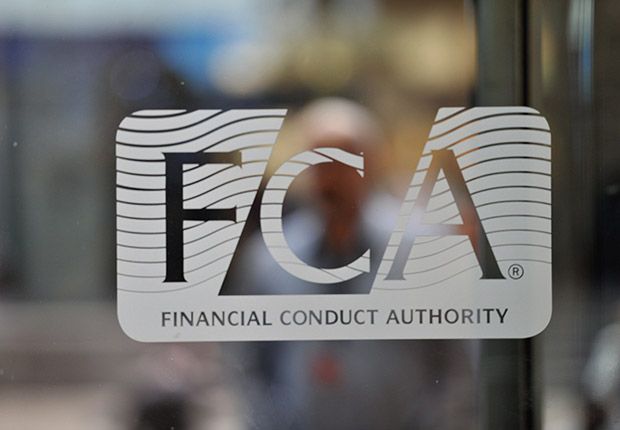
Over three-quarters of the firms the Financial Conduct Authority regulates say they have “a high level of satisfaction” with the watchdog’s performance over the last year.
The body lifted its mean score to 7.4 out of 10 among fixed portfolio firms, compared with 6.9 a year ago, according to the FCA and Practitioner Panel 2023/24 survey.
Among flexible portfolio businesses, it posted a mean score of 7.4 from 7.2 the previous year.
The agency, led by chief executive Nikhil Rathi, oversees the UK’s 60,000 regulated financial firms, including the mortgage industry’s roughly 100 lenders and 18,000 brokers and broker firms.
It says: “We are pleased that the majority of firms have told us they have a positive view of the FCA’s performance over the last year.”
It adds that firms said there were three key areas that the watchdog could improve. These are:
- Doing more to help growth and competitiveness
- Ensuring the watchdog acts proportionately when introducing new initiatives and requests on firms
- Improving the data collection process to reduce the regulatory burden on firms and demonstrating how it uses the data firms provide
The regulator points out that it is “already working to improve in many of these areas”.
It adds that over the “coming months” it will “work to simplify our rulebook, improve data collection processes and improve our engagement with smaller firms”.
However, this survey was concluded in April, before the debate over its controversial plan to ‘name and shame’ companies under investigation sparked fierce opposition from firms.
Last week, Rathi again defended the plan at the City’s Mansion House dinner.
He said: “We have proposed being more transparent on enforcement. Not in all cases. But no longer just by exception.
“Our current approach doesn’t work. We think a degree more openness can reduce harm, build whistleblower confidence and benefit firms that play by the rules.”
He said the watchdog will next month “provide more data and case studies on how a public interest test could work in practice”.
Adding that the body’s board will decide on whether to move ahead with the plans by “early next year”.
The watchdog outlined proposals earlier this year to release the names of firms under investigation if it believes it is in the public interest, which has been met with fierce opposition from firms.
It has received more than 130 responses to its first consultation on the plan, which closed in April.
In May, it emerged that 16 finance trade bodies — including UK Finance, The Investment Association and TheCityUK — had written to the then Chancellor Jeremy Hunt asking him to intervene.
“Firms believe that the proposals will have a negative impact on their valuation, could put at risk the wellbeing of individuals, and have the potential to destabilise financial markets,” the associations said in the letter to the then Chancellor Jeremy Hunt.
Hunt, in a rare intervention in regulatory affairs, said he hoped the body “re-look at their ‘naming and shaming’ decision”.
It is unclear what new Chancellor Rachel Reeves’ views are on this policy, but in general terms, she has said that she is in favour of less financial red tape to “turbo-charge” UK firms to drive for growth.
Other UK regulators — such as those in competition, water and energy — often name firms that are under investigation before deciding on whether they have breached any rules.
However, this measure is rarely used by international financial services regulators such as the US Securities and Exchange Commission and Germany’s BaFin.
The Financial Conduct Authority invited 25,000 firms to take part in its practitioner’s survey — including all fixed portfolio companies, all non-consumer credit flexible businesses and a sample of consumer-credit, (flexible portfolio firms) — between February and April.



